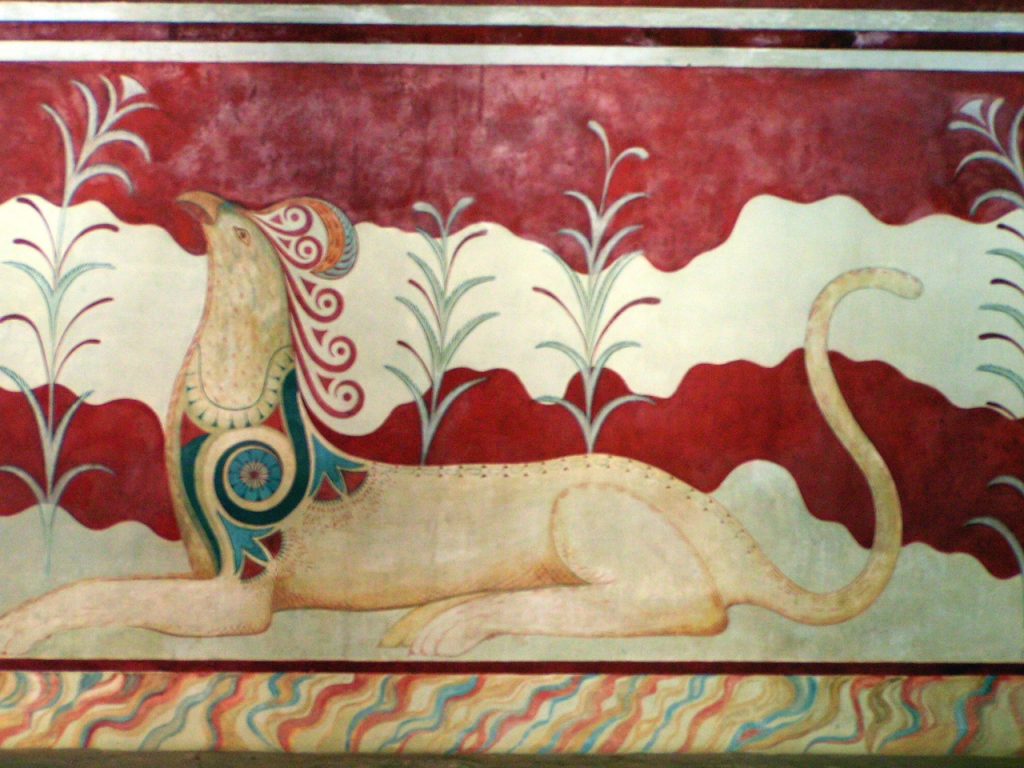Griffin

MINOLTA DIGITAL CAMERA
Continuing with the theme of scientists and experiments that go horribly wrong, here comes Griffin, a man not too dissimilar from Victor Frankenstein, but overall far more sinister. H.G. Welles doesn’t even remotely try to paint the Invisible Man as heroic in any sense; he’s brash, arrogant, violent, and incredibly vulgar–yet he’s the most engaging protagonist yet in this course.
Throughout the book he’s constantly raining on people’s parades for almost no reason. There’s at least three times in the book where he engages in all out brawls when simply fleeing the scene would be feasible–if not desirable.
“Possibly the Invisible Man’s original intention was simply cover Marvel’s [his accomplice] retreat with the clothes and books. But his temper, at no time very good, seems to have gone completely at some chance blow, and forthwith he set to smiting and overthrowing, for the mere satisfaction of hurting.”
With a character as vile as Griffin, it seems like anyone with a hint of taste would simply put the book–however that is not case. The Invisible Man is kept very mysterious; the audience doesn’t even discover his name until about ninety pages in. When our hero takes refuge in the house of a friend, his pent up back-story shows a different side of our anti-hero:
“‘And after three years of secrecy and exasperation, I found that to complete it was impossible-impossible [referring to the experiment]’
‘How?’ asked Kemp.
‘Money,’ said the Invisible Man, and went again to stare out of the window. He turned abruptly. ‘I robbed the old man-robbed my father…The money was not his and he shot himself.'”
Most novels would establish a hero and villain right off the bat, but here it’s left up to the reader. In the end, Griffin may be of questionable fiber, but had that not been the case, The Invisible Man would have faded into the annals of history.
